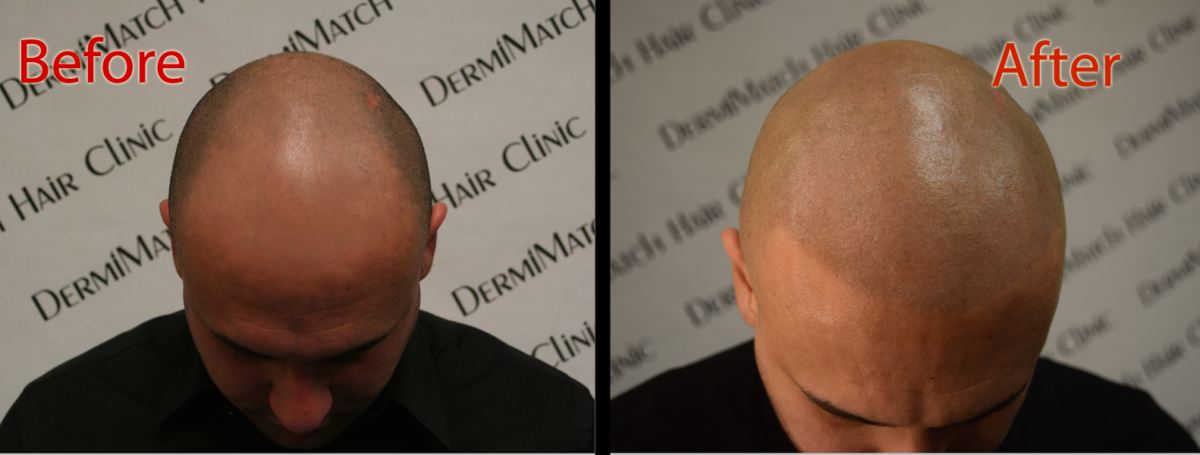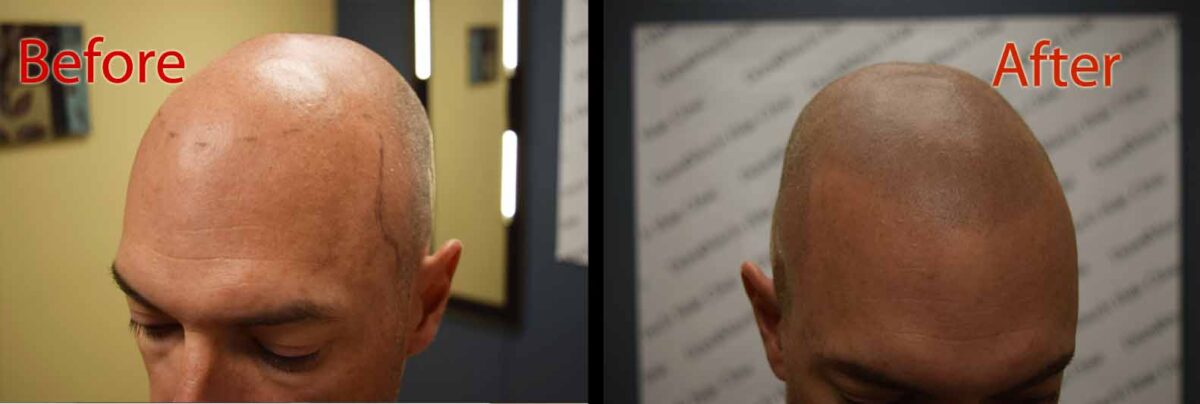What’s the caffeine and hair growth connection? Well, caffeine’s impact on hair growth has garnered significant interest. A number of studies are exploring its potential to promote growth and combat hair loss. However, critically examining the scientific evidence is essential to understand the role of caffeine for this purpose.
Caffeine and Hair Growth Scientific Proof
Several studies shed light on the potential mechanisms by which caffeine might influence hair growth:
Combating DHT
Caffeine may counteract the effects of dihydrotestosterone (DHT), a hormone linked to male and female pattern hair loss. A 2007 study in the International Journal of Dermatology found that topical application of caffeine stimulated growth and prolonged the anagen phase by potentially inhibiting DHT.
Extending the Anagen Phase
Another study, published in the British Journal of Dermatology in 2018, investigated the role of a topical caffeine solution for female pattern hair loss.
After six months, the caffeine-treated group showed significant reductions in hair shedding.
Important Considerations
While these findings are promising, crucial aspects require further exploration:
Limited Research Scope: Most studies involve small sample sizes or laboratory settings, necessitating larger, long-term clinical trials for definitive conclusions.
Individual Variability: Effectiveness might vary based on factors like genetics, age, and the underlying cause of hair loss.
Delivery Method: Topical application through shampoos, conditioners, or serums appears most effective, as studies suggest oral consumption has minimal impact.
Concentration Matters: The concentration of caffeine in hair products can vary significantly, with studies suggesting a minimum of 0.2% for optimal results.
Long-Term Use: Consistent use over several months might be necessary to observe noticeable effects.
Not a Standalone Solution: Caffeine is unlikely to be a cure-all and may require addressing the underlying cause and combining with other established treatments.
The Verdict on Caffeine and Hair Growth
The potential of caffeine for hair growth shows promise, supported by emerging scientific evidence. However, further research is needed to fully understand its effectiveness and long-term impact.
It is crucial to consider individual factors and potential limitations when exploring this option.
SMP Is More Promising
Hair loss can significantly impact confidence and self-esteem. Caffeine and hair growth may have a connection. However, more research might help explore this further and understand its effectiveness for a larger audience.
On the other hand, scalp micropigmentation (SMP) emerges as a non-surgical and more accessible alternative for individuals seeking to conceal hair loss and regain a fuller appearance.
SMP utilizes a specialized technique to deposit microscopic pigments into the scalp, meticulously mimicking the appearance of short hair follicles. Skilled Phoenix SMP technicians carefully choose pigment colors that seamlessly blend with your natural hair color and scalp tone, creating a realistic and undetectable look.
SMP offers a high degree of customization, allowing technicians to tailor the treatment to your specific needs and desired outcome. This includes factors like density, hairline design, and even mimicking the appearance of different hairstyles.
The results of SMP are long-lasting, typically lasting several years with proper care and maintenance. Additionally, it’s a non-invasive procedure requiring no incisions or anesthesia, making it a less risky and more comfortable option than other hair loss treatments. By effectively concealing hair loss, SMP can significantly boost confidence and self-esteem, allowing individuals to feel comfortable and confident in various social settings.
However, for SMP results to be effective, it is crucial that the best hands in scalp micropigmentation work on your scalp. Don’t fall into the trap of tattoo artists. They are not trained to do the job. Get help from Phoenix SMP professionals at DermiMatch Clinic.


